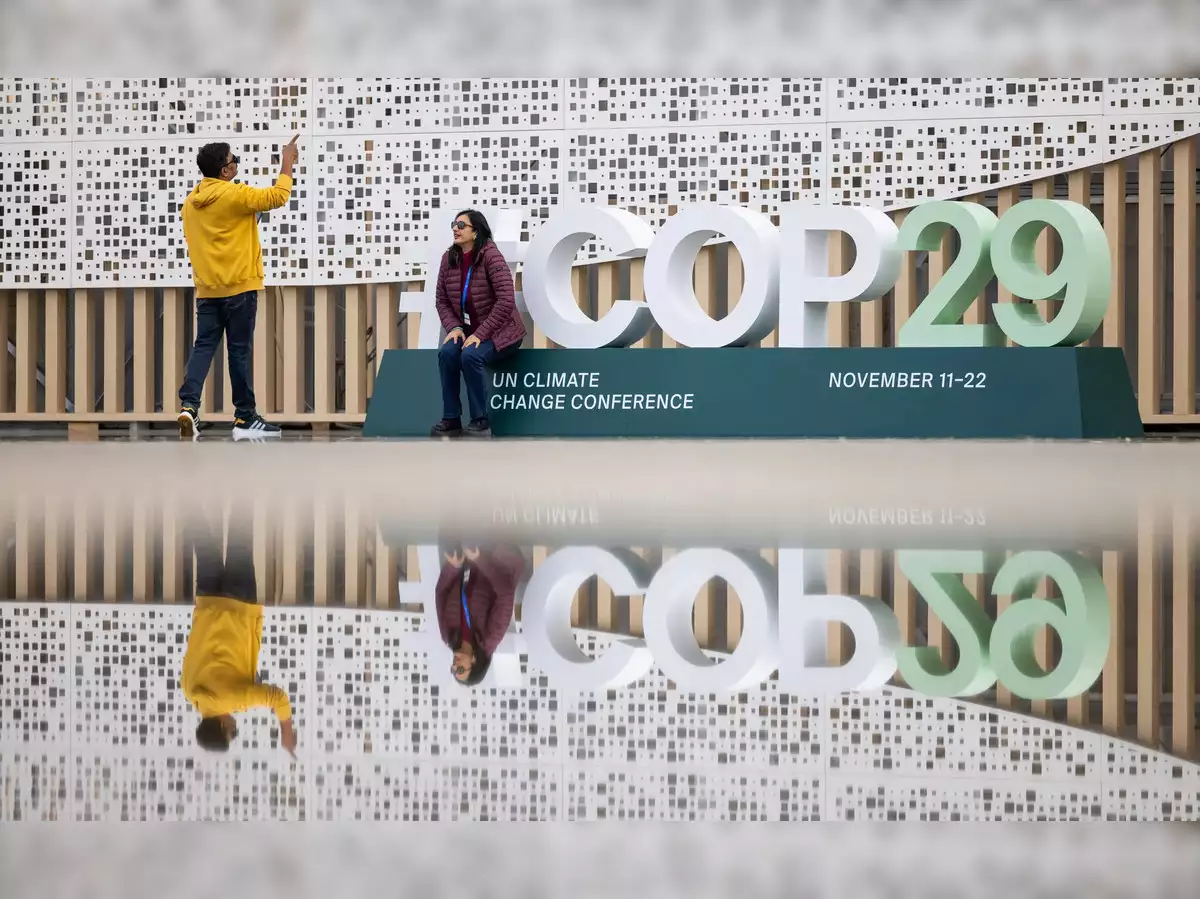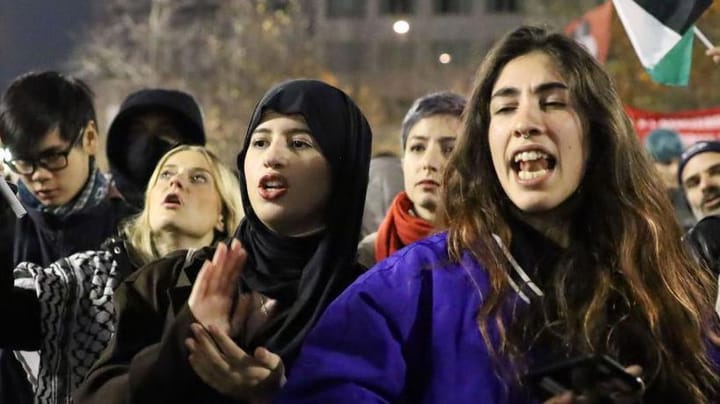Fragile Countries Push for $20 Billion Annual Climate Finance Boost at COP29
At COP29, conflict-affected countries urge the U.N. and global institutions to double climate finance to $20 billion annually to address the impacts of climate change and security crises.

At COP29 in Azerbaijan, a coalition of conflict-affected nations is calling for an urgent increase in climate finance, seeking a doubling of aid to over $20 billion per year to address the growing impacts of climate change and natural disasters. This initiative, spearheaded by the g7+ group of fragile countries, includes nations such as Burundi, Chad, Iraq, Sierra Leone, Somalia, Timor-Leste, and Yemen, which are struggling to access private investment due to their unstable conditions.
The appeal highlights the need for increased funding to help these nations adapt to climate change, with a focus on extreme weather events that exacerbate security crises and displacement. For example, Somalia, South Sudan, and other conflict-ridden countries face climate-induced catastrophes that compound the challenges they are already grappling with, including political instability and internal displacement. In 2022, a child born in South Sudan was 38 times more likely to be displaced by climate-related disasters than a child in Europe or North America.
The g7+ group has formally requested the U.N., the World Bank, and the International Monetary Fund to double their financial commitments, aiming to reach at least $20 billion annually by 2026. Currently, these nations are receiving a fraction of the required funds. In 2022, conflict-affected countries received just $8.4 billion in climate aid—far below the need.
In response, the COP29 Presidency will launch a new "Network of Climate-Vulnerable Countries" to advocate for more resources and streamline investment into climate resilience projects. The initiative is intended to create platforms where investors can easily access high-impact projects in these vulnerable nations.
The push at COP29 aims to make climate financing more accessible and to prioritize the countries that are most at risk of both conflict and climate-induced disasters. With rising global awareness about the unequal distribution of climate impacts, the g7+ is urging a stronger, more equitable commitment to those on the frontlines of the climate crisis.

